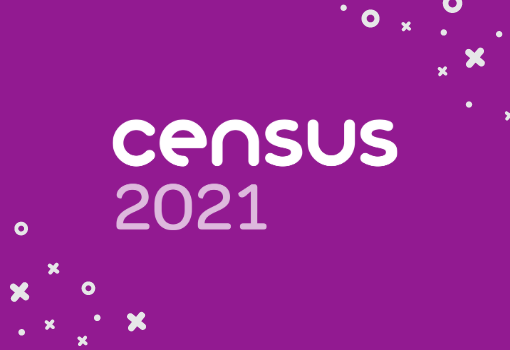
The next census will take place on 21 March 2021, and community engagement is vital to make sure we get accurate results – that’s why local engagement managers want to get in touch with community organisations in Bristol ahead of the day itself.
The census is a survey of people and households in the UK, taken at regular intervals for hundreds of years. Though the first official UK-wide census was in 1801, the census tradition for England dates back as far as 1086. It works as a snapshot of people’s lives at a given time: the size of their household, what jobs they do, and so on.
Unlike other surveys, filling in the census is compulsory; anyone who repeatedly fails to complete it can be fined up to £1,000. Community engagement can really help spread the message and underline the importance of taking part.
These are some of the main reasons the census matters:
Iain Bell, deputy national statistician at the Office for National Statistics, said:
“A successful census will ensure everyone from local government to charities can put services and funding in the places where they are most needed; this could mean things like doctors’ surgeries, schools and new transport routes. That’s why it is so important everyone takes part.”
If your organisation would like to get involved in community engagement around the census and you are based in Bristol, please email jason.john46@field.census.gov.uk or stefan.edwards10@field.census.gov.uk. You can also download community resources here.